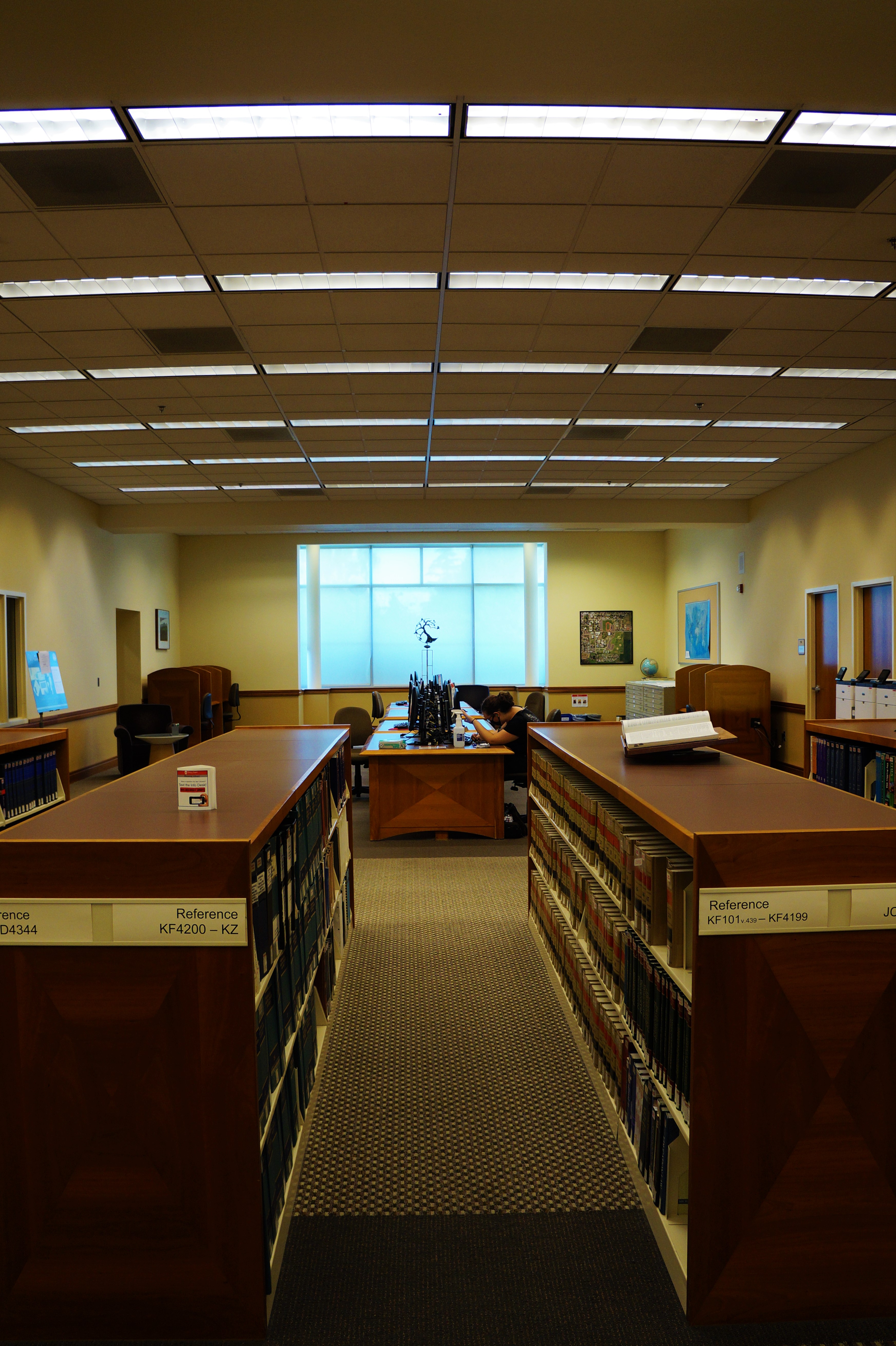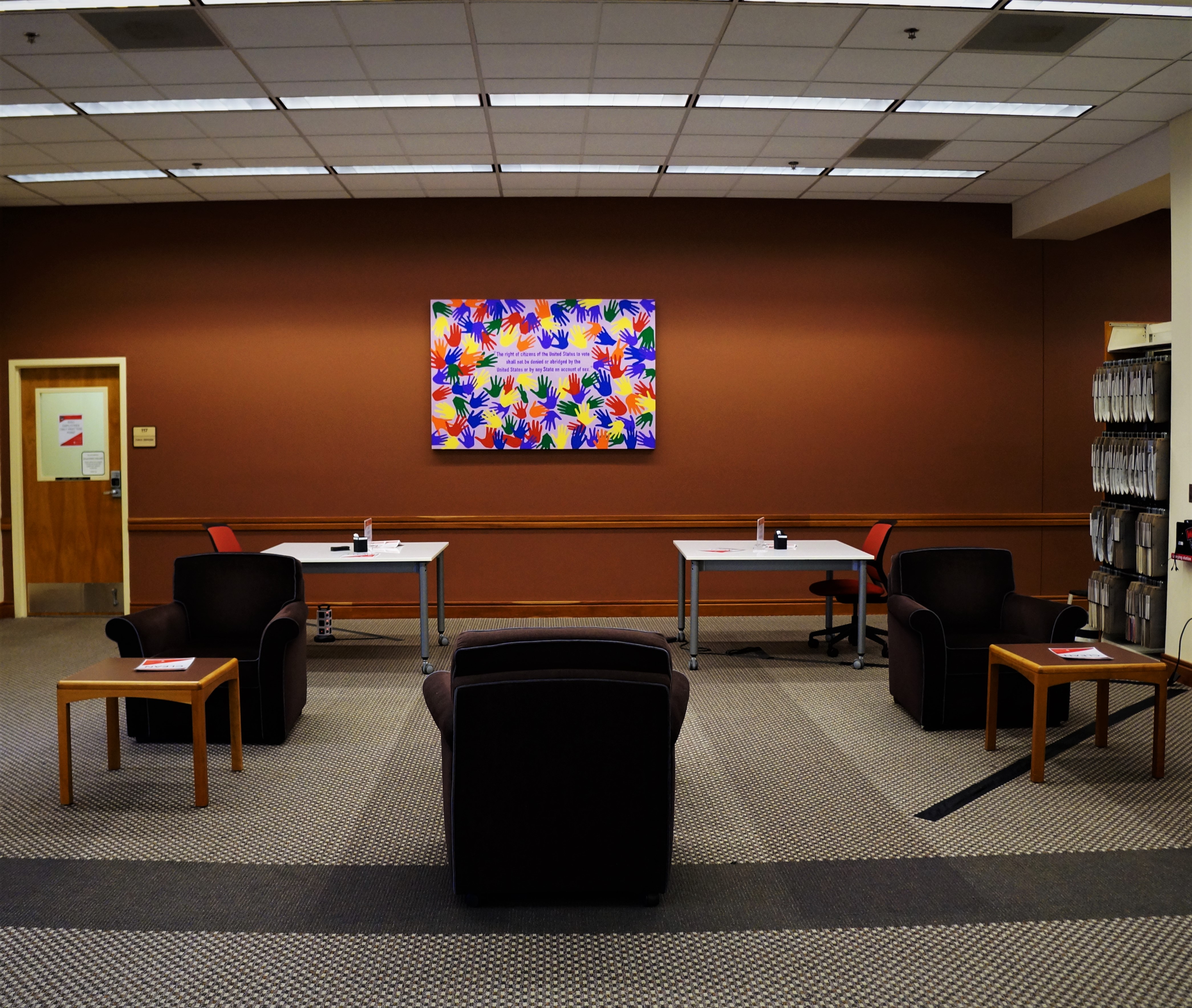Oregon legislators working on passing new legislation that benefits college students
Chris Smith | Freelance write
In every even numbered year, the Oregon State Legislator has a long legislative session.
There are nine bills that directly affect Oregon students ⏤ four of which, if implemented, would bring significant change to Oregon college campuses. These are House Bills 2835, 2919, 2542 and 3012.
(HB 2835) Basic Needs Navigators
Finding aid for basic needs such as Supplemental Nutrition Assistance Program, the Smart Traveler Enrollment Program and others is difficult for anyone. HB 2835 seeks $4–4.5 million for a new staff member at all 17 Oregon community colleges and seven university campuses for both years of the fiscal biennium that is specially trained to assist students navigating these federal aid programs. The staff member will connect and inform students on benefit programs that will increase their academic completion and reduce the hardship of food insecurity.
(HB 2919) Textbook On-Time Adoption
This will require faculty to make textbook information ⏤ including price ⏤ available to students at the time of course registration. This legislation will allow for students to get an idea for the complete cost of a course, thus financially plan better, and incentivize faculty to adopt no to low cost materials to help combat rising textbook prices.
(HB 2542) Mandatory Fees Transparency
Currently, students are billed fees without an explanation for where their money actually goes.
Under the proposed bill, public universities and community colleges are required to prominently display mandatory fees, defining every fee, noting fee expenses, where the money will go and the beginning and end dates of said fee. Additionally, public universities would have to provide the Higher Education Coordinating Commission (HECC) a report detailing their compliance with the requirement.
(HB 3012) Student Incidental Fee
The current Incidental Fee Committee statute ⏤ ORS 352.105 ⏤ is vague in its current language. Under this proposed bill student government and administrative roles would be clarified.
As of now, only HB 2835 has had a public hearing but, along with the rest of the bills, is currently in the Oregon House Committee on Education. If approved, all bills except for HB 2835 will go to the house floor for amendments, a floor vote and then sent to the Senate for the same process.
If approved by the required majority vote, the bills will go to the governor’s office to become laws upon her signature.

Contact the author at aswousenate@mail.wou.edu





